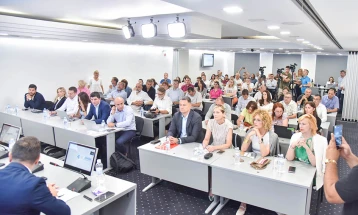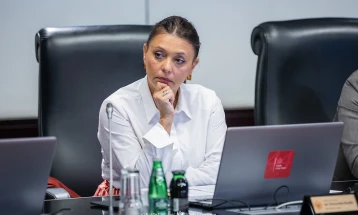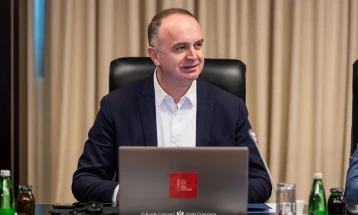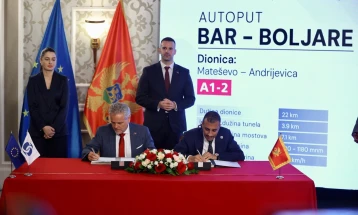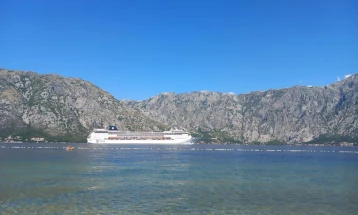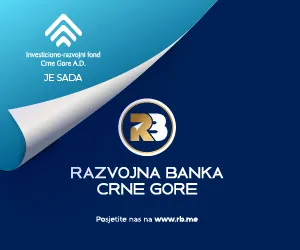Working Court for faster solving the employees-employers conflict
- Working Court for faster solving the employees-employers conflict
- Post By daniloc
- 12:06, 12 decembar, 2001

Herceg Novi,(Montena-business)- Foundation of the Working Court for solving problems between employers and employees could be a successful solution for the Montenegrin Trade Union as well, is the opinion of the European Trade Unions.
International adviser of the Danish Confederation of Trade Unions, John Svenningsen said to Montena-business that those courts in Denmark solved strikes and conflicts between employees and employers that lasted more than 24 hours.
“The Working Court is some kind of arbitrage. It consists of three employees’ representatives and an employer or a lawyer. This decisions adopted by this Court are respected by everybody, no matter if they are satisfied by their decisions” said Svenningsen.
The president of the Confederation of the Independent Trade Union of Croatia (CITUC), Davor Juric said that he would suggest to the ex-YU countries’ Unions that their expert groups take part in the Conference in Zagreb, which during this week will give concrete proposals to introduce working courts in Croatia.
“The Working Court has a mediating, arbitrage and peacemaking role, and can solve all cases quickly. Our experience is that working cases are very long, especially if they are initiated by the Union or one of its members” said Juric.
Juric added that the Scandinavian model of state and Trade Union functioning was the wish of every Balkan worker, but that financial possibilities and low member fees still didn’t enable it.
Inside the Danish Trade Union there is a Fund for its members as insurance from unemployment. Svenningsen explained that every Union member is at the same time a member of this Fund, even when if he loses the job.
“Workers want protection from unemployment and the Union provides it for them. If a worker can not find a job that he is qualified for, than the Union in five weeks time will find him another job, which he must accept, or he will be dismissed from the Fund” said Svenningsen.
Svenningsen suggested the Balkan Unions to be more of practice use so that their members would have more use of them. As he said, the Danish Union mostly works on education and qualification of its members because the workers are aware that one work knowledge is not enough for the whole life.
The worker shouldn’t be a victim if his factory is closing down, because the Union will provide him to qualify for another job and offer him other possibilities. Danish workers really pay high member fees to the Union, but they have great use of it” claims Svenningsen.
Svenningsen concluded that the Danish solutions didn’t have to be good for Montenegro, because Montenegrin Institutions don’t have long tradition, but it would take 20 years to build these Institutions.
According to Svenningsen, the CITUM should estimate political, economical and social security in Montenegro, and if the political parties are ready to provide this security CITUM should give its support to those who are able to provide it. He added that the Croatian CITUC did it on the last parliamentarian elections, by giving support to the opposition run by the SDP.
“In order to have a collective contract as a long-termed solution it is necessary that all its signers feel like winners” said Svenningsen, adding that the Economic Council is not a social partner anywhere in the World.
“The collective contract is a conflict between capital and labour, and the Economic Council gets together employers according to the legal obligation. We initiated founding of Croatian Economic Council, which is our partner for social dialogue” said Svenningsen.
According to this Danish Union’s representative, Croatian CITUC participates in creation of a new law on mediating at workers recruiting, which aim is to reduce the monopoly of the Agency for worker recruiting, and founding private and Union’s Agencies.
